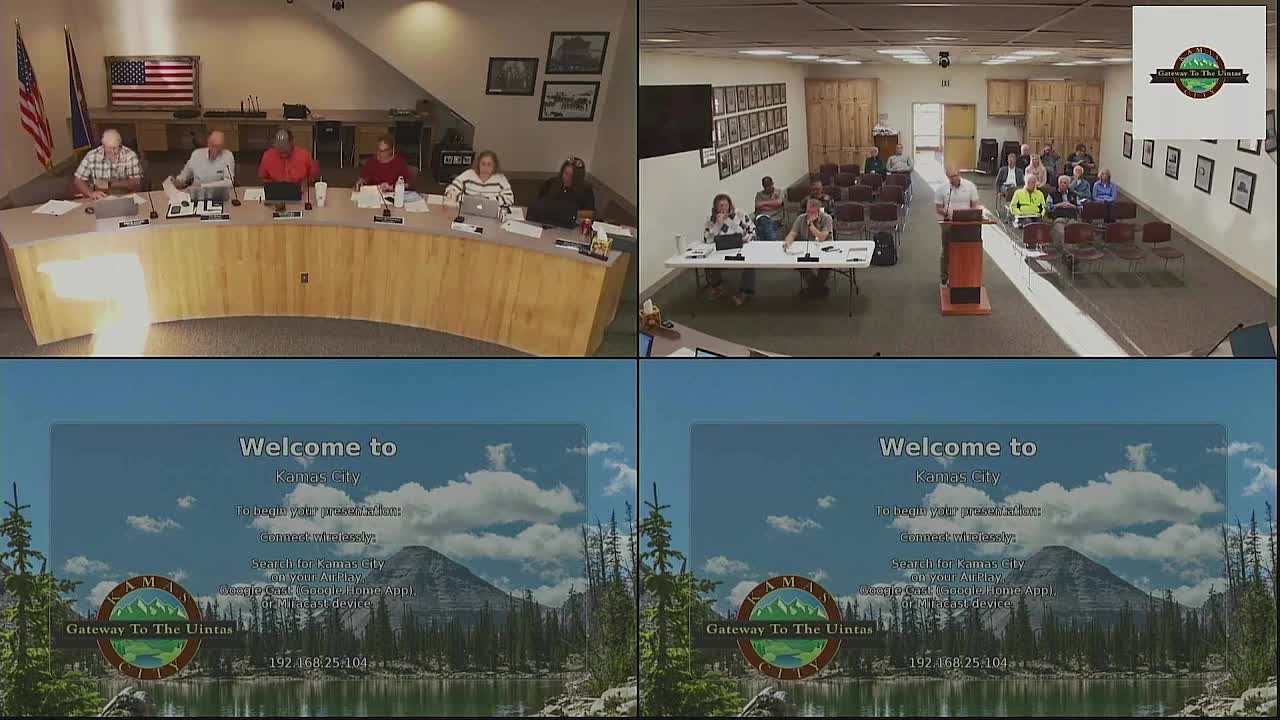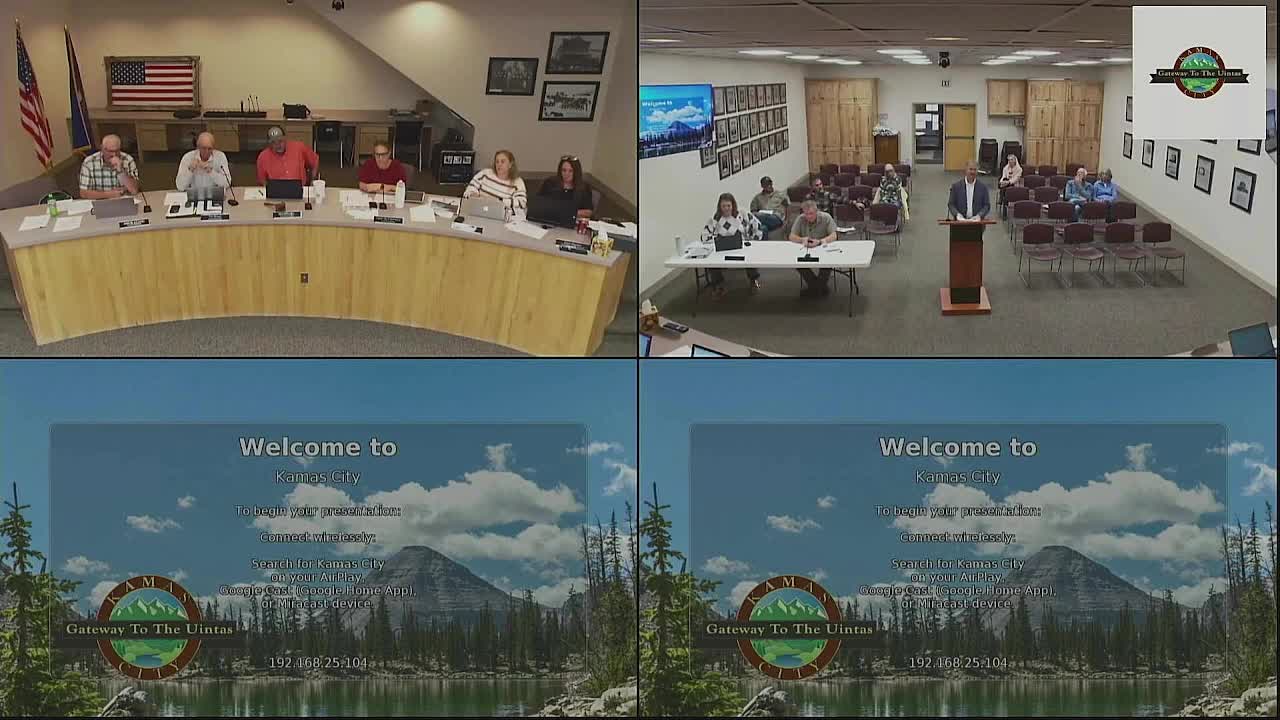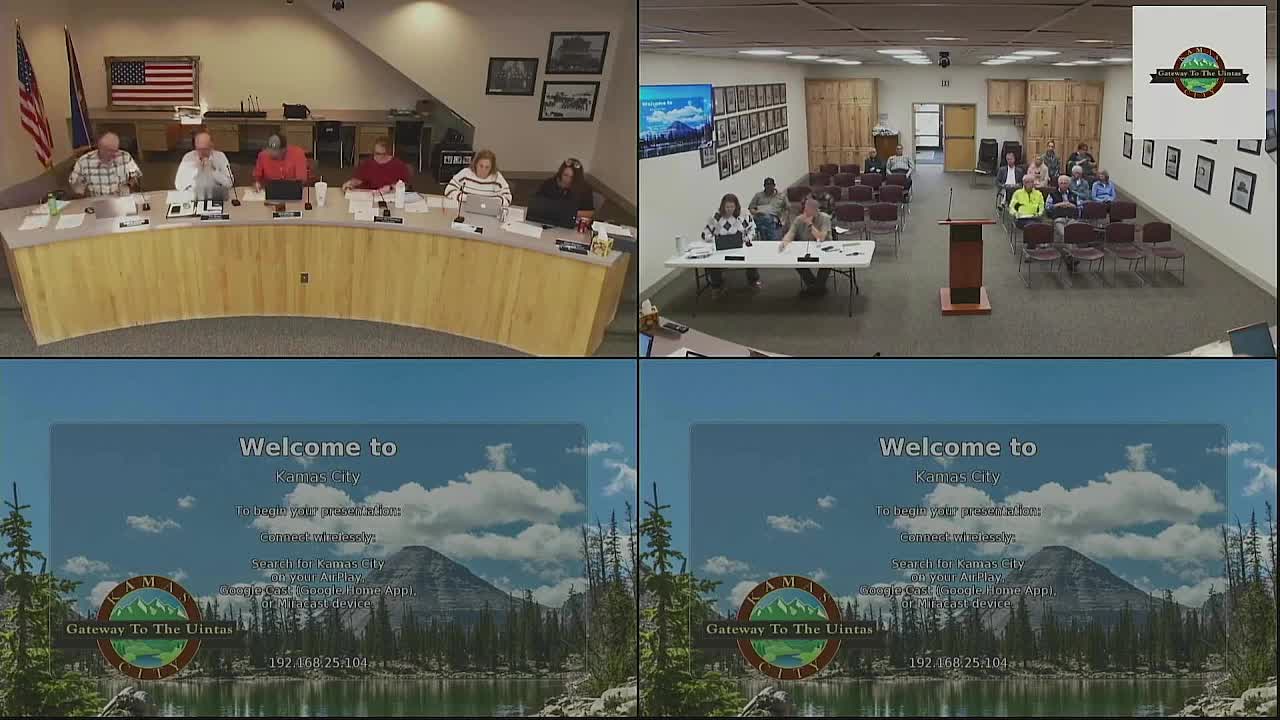Article not found
This article is no longer available. But don't worry—we've gathered other articles that discuss the same topic.

Planning commission approves preliminary plat for 30-unit Mirror Lake business park condominiums with utility condition

Camas planning commission recommends city back private mill’s GOEO grant application

Camas planners reopen proposal to allow panhandle (flag) lots; public hearing set and staff asked to map eligible parcels

